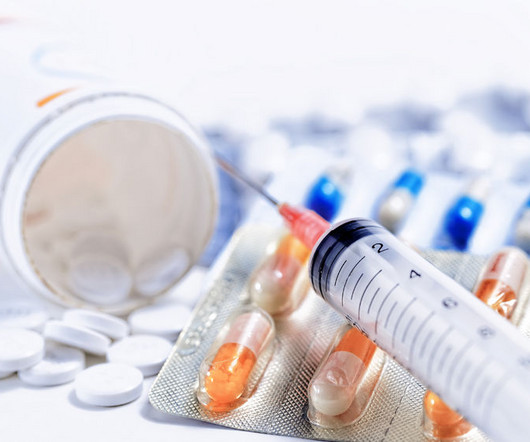Subcutaneous Medications and Drug Delivery Systems
Roots Analysis
FEBRUARY 26, 2024
In fact, the share of biologics in the overall pharmaceutical contract manufacturing market has increased from 16% in 2006 to over 25% in 2017. Having reported over 70% increase in revenues over the past 5-6 years, the market for biologically derived products is currently estimated to be worth more than USD 200 billion.













Let's personalize your content